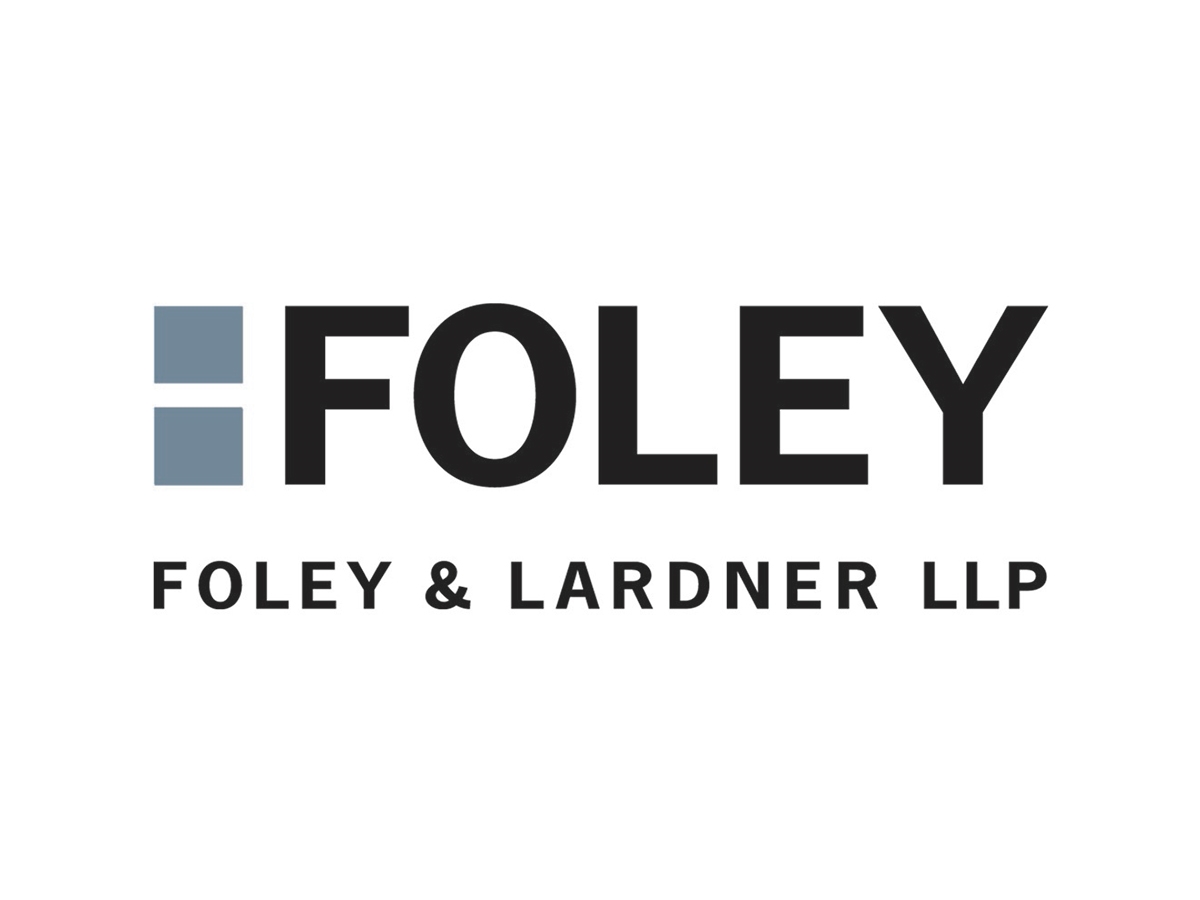In a unanimous decision of AMG Capital Management, LLC v. FTC, the United States Supreme Court ruled that the Federal Trade Commission (FTC) did not have the power, under Section 13 (b) of the FTC Act, to seek restitution or restitution. The FTC had frequently used Section 13 (b) to demand monetary payment, collecting $ 5.29 billion in disgorgement and restitution in 2019 alone. While the Supreme Court ruling may restrict one of the FTC’s preferred enforcement mechanisms, the FTC still retains several avenues to fulfill its mandate. AMG capital managementThe legacy of other consumer protection laws may prove to be more influential than the holding’s direct impact on FTC enforcement.
The FTC filed a lawsuit against Scott Tucker and several companies he ran (including AMG Capital Management, LLC) in 2012, alleging that their short-term payday lending practices were deceptive and unfair, and seeking an injunction under of Section 13 (b) of the FTC. Act. Section 13 (b) provides that when the Commission “has reason to believe that a person, partnership or corporation is violating, or is about to violate, any provision of law enforced by the Federal Trade Commission.” . . in appropriate cases, the Commission may apply, and after appropriate evidence, the court may issue a permanent injunction. The district court issued summary judgment in favor of the FTC, granting an injunction and ordering Tucker to pay $ 1.27 billion in restitution and restitution. Tucker appealed to the Ninth Circuit, arguing that the wording of Article 13 (b) does not allow monetary relief. The Ninth Circuit followed its precedent, holding that Article 13 (b) “empowered district courts to grant any ancillary measures necessary to achieve full justice, including restitution”. The Supreme Court granted certiorari to settle the recent circuit split over “the scope of section 13 (b)”. (This split was born from the decision of the Seventh Circuit of August 2019 in FTC v Credit Bureau Center, LLC, where he broke with eight other circuits and his own precedent in ruling that restitution is not available under Section 13 (b) of the FTC Act.)
Writing for a unanimous bench, Justice Breyer explained that Section 13 (b) does not authorize the FTC to obtain monetary relief. While recognizing “the political importance of allowing the Commission to use § 13 (b) to obtain pecuniary relief”, the Court unanimously held that the reference in Article 13 (b) to “injunctions” no. did not include pecuniary relief. While other sections of the FTC Act allow the FTC to seek remedies “necessary to redress the harm done to consumers,” including “refund of money,” these sections provide that the FTC “shall file a complaint against the alleged offender ”,“ will adjudicate his claim ”, and“ issue an order directing the party to cease and desist from engaging in the unlawful conduct ”. Since Article 13 (b) does not contain these requirements, the Court recognized the potential for abuse. The Court noted that it was “highly unlikely” that Congress intended Article 13 (b) to include monetary relief as compared to Article 19, which provides for monetary relief only when circumstances and limitations exist. particulars have been met. (for example, after issuance of a cease and desist order under Section 5 of the FTC Act). The notice also pointed out that the FTC has issued nearly four as many standing injunctions under section 13 (b) as cease and desist orders under section 5.
As the ruling removes an arrow from the FTC’s arsenal, the quiver is far from empty; the range of application options for the FTC remains wide. As former Interim President Rebecca Kelly Slaughter noted, following the AMG capital management decision: “[A] word about other FTC authorities: we’ll use them all – administrative proceedings, criminal offense authority, no more rule violation cases, no more rule making, no more civil penalty cases that we have a specific statutory authority. In the absence of congressional action, FTC targets are likely to encounter more administrative procedures and other avenues for monetary relief that are no longer available under section 13 (b).
Outside of the FTC, practitioners should expect this case to raise questions about the mandates of other agencies and the interpretation of consumer protection laws. For agencies like the United States Food and Drug Administration, which have claimed broad enforcement powers under similar legislative regimes, litigators can challenge their authority to act in a prohibited manner based on AMG capital management. Litigants can also challenge requests for monetary relief made under consumer protection laws, if applicable. In a recent case in the United States District Court for the Central District of California, Hope Medical Enterprises, Inc. v. Fagron Compounding Services, the district court invoked AMG capital management determine that other consumer protection laws, such as the Consumer Telephone Protection Act and Florida’s Deceptive and Unfair Marketing Practices Act, do not allow the return of competitive profits unfair. We will continue to monitor the impact of AMG capital management on the application of the FTC and other consumer protection laws.

